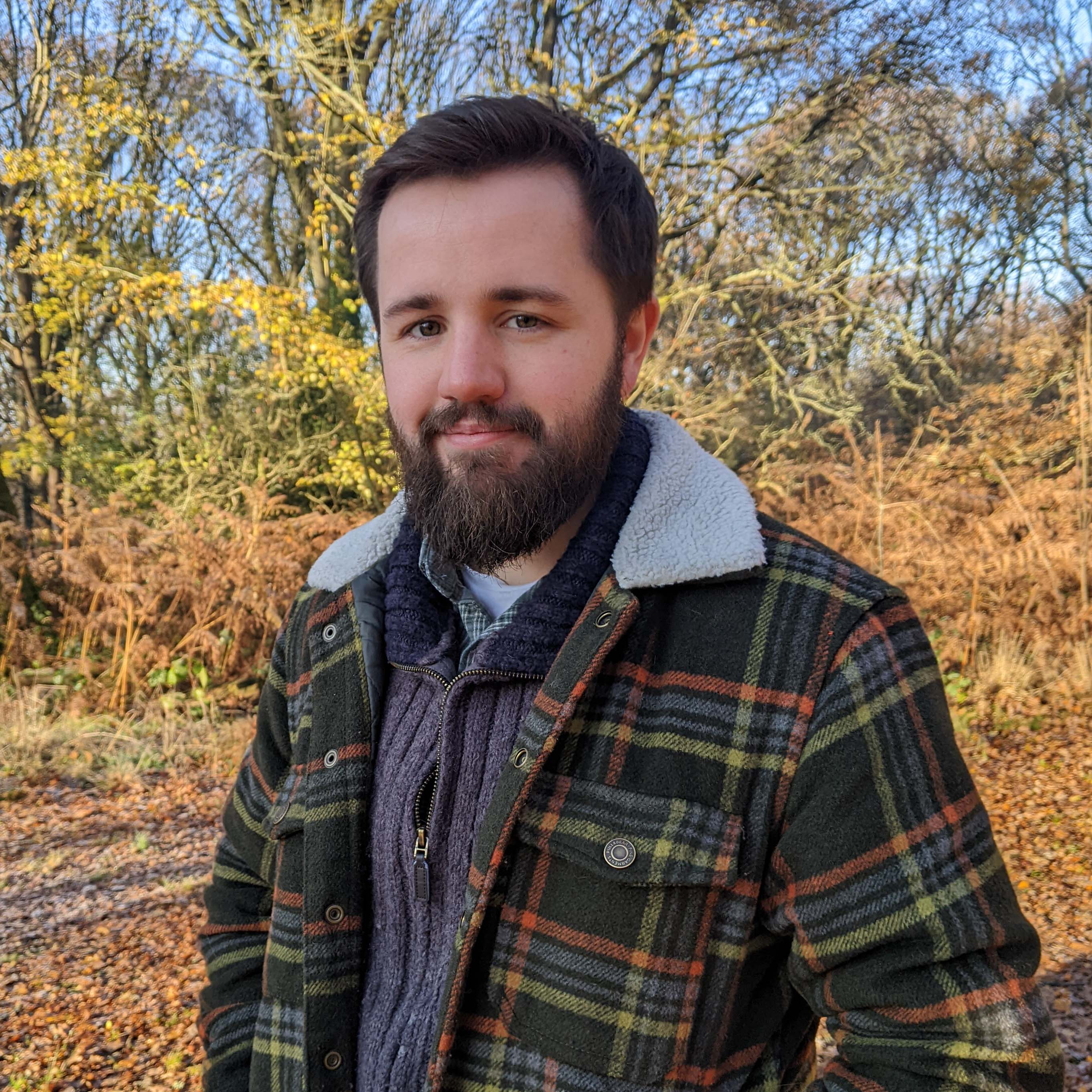
Role: GIS Research and Monitoring Manager and Practitioner Doctorate (First year)
Company: Surrey Wildlife Trust and University of Surrey
Subject area: Working to find better scientific evidence to inform how we do conservation.
Nationality: British
I study paleo-ecology, which is the study of past environments. For example, we can use mud from the bottom of a pond to analyse the plants and animals that used to live there thousands of years ago. I look at how we can use that information to help with conservation, which means protecting currently living species. I study this for my PhD, and then apply it to my work at the Wildlife Trust. Outside of work I like to hang out with my cats.
Education
![]()
GCSEs (or equivalent): English, Maths, Biology, Chemistry, Physics, Geography, History, French and Latin
A-level (or equivalent): Geography, Biology, History and Chemistry
I also did an Extended Project Qualification (EPQ) and my project was on the history of medieval armour. I even built some of the armour!
Degrees:
• BSc Environmental Geography, University College London
• MSc Aquatic Conservation, Ecology and Restoration, University College London
• PhD (ongoing), University of Surrey
Detail about Ben
My research
A recent project was looking at green corridors in Surrey. Using GIS (special software of digital maps) and remote sensing (pictures taken by satellites) to model what routes wildlife would take if they had to cross urban areas in Surrey. This work is going to help local councils to plan new developments and building works, and where they should improve green spaces to help wildlife.
My inspiration
Pokémon and dinosaurs – as a child I loved discovering creatures and fossils, and linking this with how they fit into the natural world. This set me onto the path of studying natural sciences.
Who is your STEM hero?
Rachel Carson. She wrote the famous book Silent Spring. Rachel dealt with prejudice against her science and being a woman in STEM, and overcame these to publish her famous work on the impacts of pesticides. She inspired many on the importance of looking after nature.

Most significant discovery/invention?
One of the coolest scientific discoveries is that memories persist after metamorphosis in insects. A caterpillar can learn something, and will remember it as a butterfly, despite the process of metamorphosis essentially melting them down into a bug-cell soup and reforming them.

Career options after study
- Conservation officer for a wildlife trust or charity
- Educator at a field centre or wildlife trust
- Ecological surveyor monitoring protected species
- Promoting a field centre or conservation trust through marketing or fundraising
- Policy maker or advisor for new environmental policies

My hobbies
I am learning Spanish and like playing video games
Outreach Newsletter
Sign up to our newsletter and mailing list for updates about Outreach events and activities.